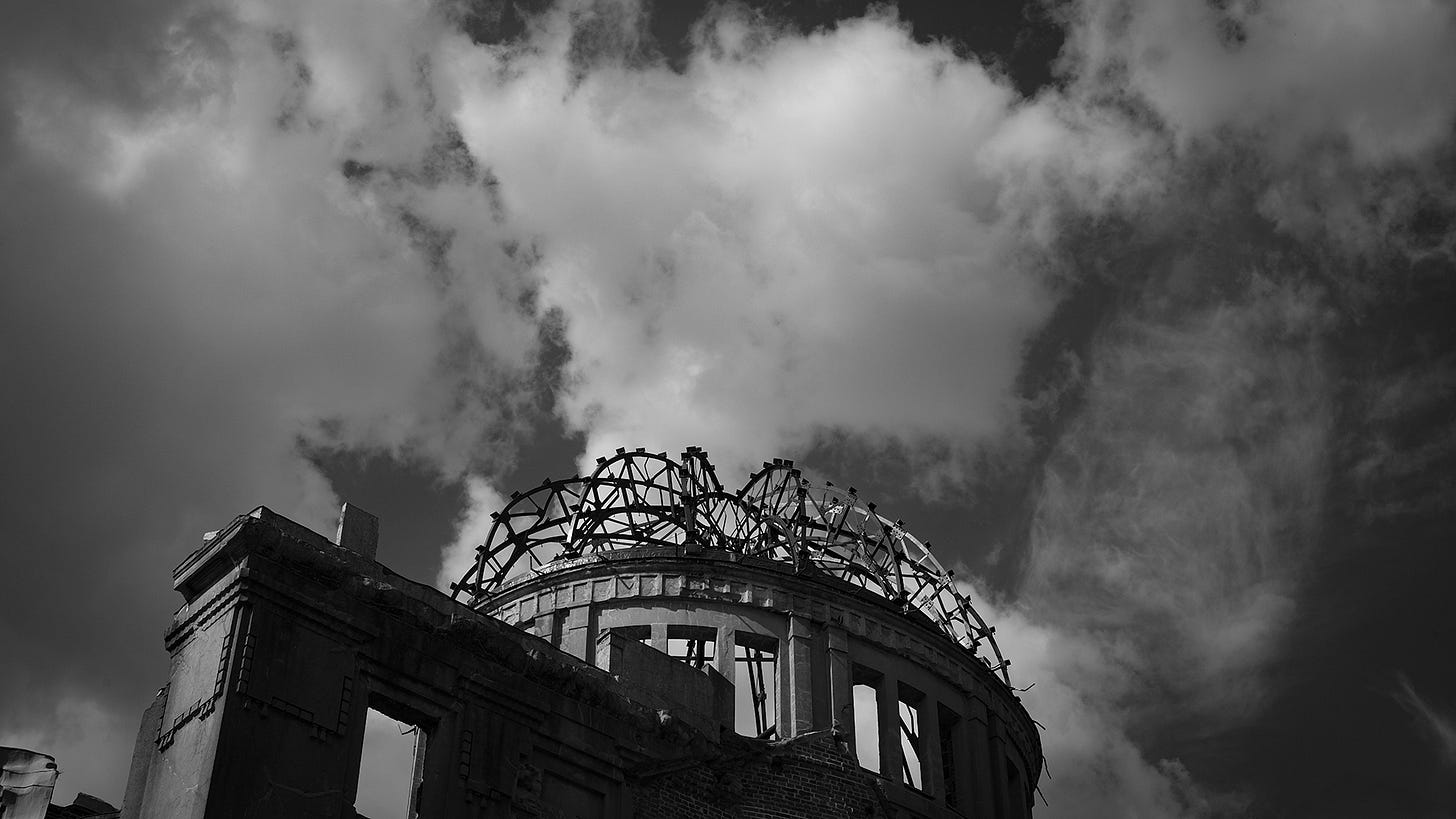Why Japan Still Avoids Calling WWII a Defeat After 80 Years
How the Legacy of Eight Decades Shapes Japan’s Future
Among the many customs of Obon, August 15 on the modern calendar was long regarded as the most important day, but eighty years ago it underwent a profound transformation, and since then it has come to mark the end of the Second World War, with memorial ceremonies held across Japan under the name “Shūsen Kinenbi” (終戦記念日, End of the War Memorial Day). The recognition of the day the war ended differed between the defeated Japan and the victorious Allied nations at the time, with the United States marking it as September 2, 1945, China as September 3, and other variations by country. Yet in Japan this day came to be called the “day the Second World War ended,” not because of any legal designation, but because over eighty years it became entrenched as custom. The Japanese phrasing itself reveals a striking attempt by the leaders of the time to evade responsibility, and over the next twenty years this very point will likely play a major role in shaping Japan’s future. In fact, this nuance is almost entirely unrecognized outside Japan, so here I will examine it in detail.
On August 15, 1945, at noon, a pre-recorded radio broadcast of Emperor Shōwa’s “Gyokuon Hōsō” (玉音放送, Broadcast of the Emperor's Voice was aired, and the Japanese public learned for the first time that Japan had surrendered to the Allies. In reality, by the previous day the cabinet ministers had already decided to accept the Potsdam Declaration presented by the Allied powers and to surrender. However, when it came to making the announcement to the public, significant political calculation (self-preservation by the ruling elite) came into play, and it was ultimately decided that “a statement by Emperor Shōwa would be the most effective means to pacify the nation.” As I have mentioned before, the historical background of this can be most clearly understood through Okamoto Kihachi’s film Japan’s Longest Day.



